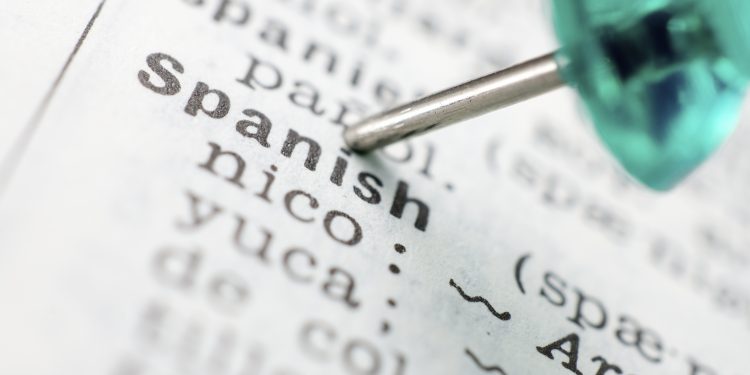A certain parallel could be drawn between British and American English, and the Spanish spoken in Spain and that of Mexico. Both languages underwent some minor changes in the New World, including the use of different words for certain objects, and some grammatical adaptations.
Same things, different names
Some changes are merely the use of different names for things: whereas Americans say elevator and the British say lift, the Spanish use ascensor when in Mexico it is known as elevador. Americans say faucet and the British say tap, while in Mexico llave is used exclusively, and the word grifo is virtually unknown.
Mexican Spanish hasn’t adopted its own spelling for certain words, as the US ‘er’ and ‘or’ endings instead of ‘re’ and ‘our’, probably because the Spanish language is phonetic.
Spanish language adoption of English words
Also, both Spain and Mexico have adopted certain English words, the so-called anglicismos, but not necessarily the same ones. The Spanish call donuts (doughnuts) donuts, and not donas as they’re called in Mexico. Apparently no one uses the actual Spanish word rosquilla. The Spanish use the word bacón for bacon, and in Mexico it’s known as tocino.
On the other hand, while Mexicans use the anglicized computadora, the Spanish refer to their PCs as ordenadores. Mexicans call a laptop una laptop (feminine like computadora) or even “la lap” for short, while the Spanish use many more syllables and call it an ordenador portátil.
Apparently no one is consistent in their fussiness.
Grammatical difference with second person plural
A major grammatical change is in the second person plural. Whereas the Spanish still use vosotros, and its verb endings ‘eis’, ‘ais‘, and ‘is‘, in Mexico the plural ‘you’ is ustedes, and the verb endings are those which apply to the third person plural, ellos and ellas.
For some Spanish people, this use of language is nothing short of barbaric, while for most Mexicans, to use vosotros, unless you are Spanish, is pompous and old-fashioned.
Being mindful of language-nuance sensitivities
If you happen to be British, it’s probable that at some point your Mexican friends and acquaintances will congratulate you on speaking the true English. Most “Brits” will respond to this with “por supuesto” —of course— and perhaps only a few will give the Americans credit for making some logical and sensible adaptations to the language.
But one thing you would be wise not to do is suggest that, just as ‘British English’ is the real language, the peninsular use of Spanish is probably the right way to speak castellano.
Mexico in your inbox
Our free newsletter about Mexico brings you a monthly round-up of recently published stories and opportunities, as well as gems from our archives.



